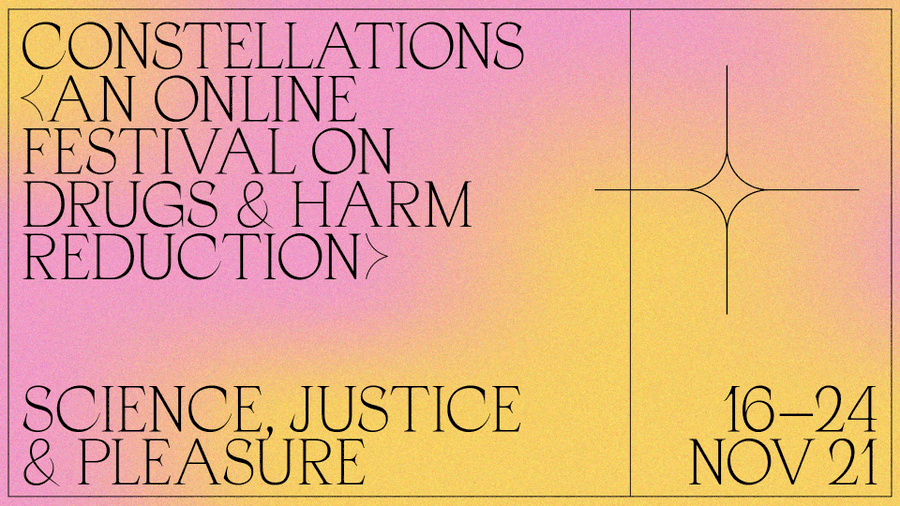The Argentine Senate has voted unanimously to legalise cannabis oil and other marijuana derivatives for medical purposes, despite some criticism of the bill from people who support, and those who oppose, the drug’s therapeutic use.
The law, which the Senate approved with 58 favourable votes on March 29, is set to be implemented after receiving the president’s signature, as it was already passed by the Congress’ lower house – the Chamber of Deputies – in November.
Under the new law, patients who seek cannabidiol (CBD) – a medically valuable cannabinoid found in the cannabis plant – must register with a planned national programme that will be administrated by the Ministry of Health.
CBD is proven to be effective at treating child epilepsy, as well as a range of other diseases.
The government has said it will “guarantee free access” to CBD oil for all patients who are approved to join the programme, including children.
Many other countries in the region – including Colombia, Chile and Uruguay – already allow CBD to be prescribed for curative or palliative purposes.
While those who support the introduction of medical cannabis in Argentina are undoubtedly happy with the result, many have also voiced concerns that the law does not go far enough.
Mama Cultiva (Mother Grows), a non-governmental organisation that aims to increase medical cannabis access for children with epilepsy, cancer, and other illnesses, has criticised the law for not legalising personal cultivation.
The new legislation restricts cultivation to government agencies – The National Council for Scientific and Technical Research (CONICET) and the National Institute of Agricultural Technology (INTA) – thus denying private citizens with health problems the right to grow their own cannabis.
Legalising personal cultivation for patients and their families would be a "form of democratis[ing]" medical cannabis, Mama Cultiva tweeted after the Senate vote.
Currently, cultivation for personal use can garner a prison sentence of up to two years, while commercial cultivation is punishable by between four and 15 years imprisonment, the Global Press Journal reports.
The approval of the law has also generated controversy from those who oppose cannabis use for medical purposes, including some health professionals.
Dr. Eduardo Kalina, a psychiatrist and director of the Brain Centre, a mental health centre specialising in neuropsychiatric disorders, claimed that “there is lack of evidence [to support the use of medical cannabis]. Any substance must pass a good number of tests and prove that in the short and long terms, it lacks potentially grave and/or irreversible effects.”
“The legalisation of marijuana for medicinal purposes is a kind of Trojan Horse”, which intends to “[liberate] its widespread use,” Kalina added, suggesting medical cannabis would be a stepping stone to the regulation of recreational cannabis.
Despite Kalina’s remarks, medical cannabis is indeed demonstrably useful for a wide range of ailments.
In a 2013 survey of 1,446 doctors from around the world, 76 per cent were in favour of allowing cannabis for medical purposes.
It is unclear whether there is sufficient political support for legalising personal cultivation, or even recreational cannabis, but this new reform will undoubtedly lead to a better quality of life for many patients in Argentina.


